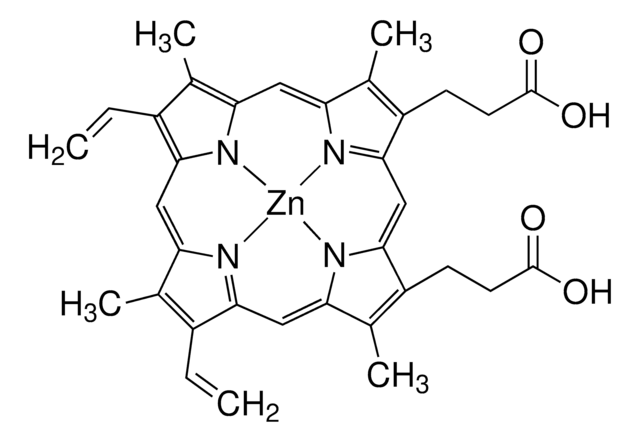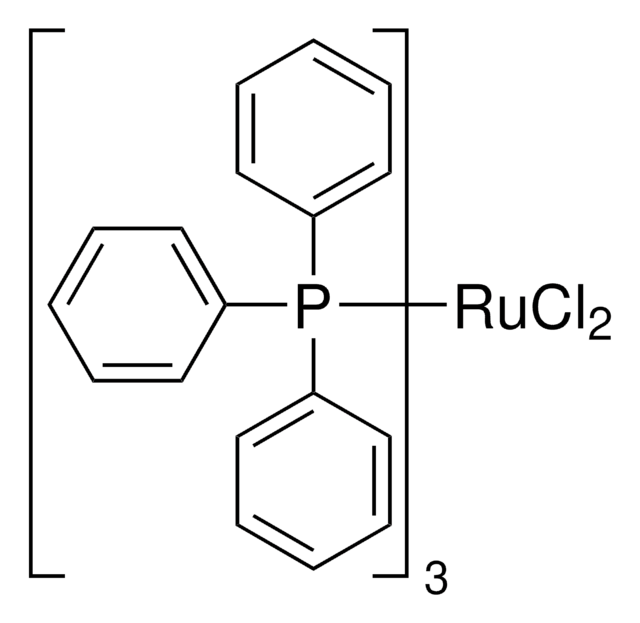288144
Tricarbonyldichlororuthenium(II) dimer
Synonym(s):
CORM-2
Sign Into View Organizational & Contract Pricing
All Photos(1)
About This Item
Linear Formula:
[Ru(CO)3Cl2]2
CAS Number:
Molecular Weight:
512.01
MDL number:
UNSPSC Code:
12161600
PubChem Substance ID:
NACRES:
NA.22
Recommended Products
Quality Level
reaction suitability
core: ruthenium
reagent type: catalyst
SMILES string
[C-]#[O+].[C-]#[O+].[C-]#[O+].[C-]#[O+].[C-]#[O+].[C-]#[O+].Cl[Ru]Cl.Cl[Ru]Cl
InChI
1S/6CO.4ClH.2Ru/c6*1-2;;;;;;/h;;;;;;4*1H;;/q;;;;;;;;;;2*+2/p-4
InChI key
JYHHJVKGDCZCCL-UHFFFAOYSA-J
Application
Carbon monoxide-releasing molecule used for pharamological studies including:
Used as a CO donor for reactive oxygen species mediated bacterial killing
- Enhancement of coagulation and attenuation of vulnerability to fibrinolysis
- Investigations of P2X4 as a possible target
- Possible modification of thrombus growth or disintegration
- Enhances fibrinogen as a substrate for thrombin
- Regulation of ion transport by gasotransmitters
Used as a CO donor for reactive oxygen species mediated bacterial killing
Tricarbonyldichlororuthenium(II) dimer can be used in the deuteration reaction for labeling secondary amines. It can also be used for the synthesis of racemization catalysts by reacting with cyclopenta[l]phenanthrenyl and cyclopenta[a]acenaphthylenyl ligands.
Signal Word
Warning
Hazard Statements
Precautionary Statements
Hazard Classifications
Acute Tox. 4 Oral - Eye Irrit. 2 - Skin Irrit. 2 - STOT SE 3
Target Organs
Respiratory system
Storage Class Code
11 - Combustible Solids
WGK
WGK 3
Flash Point(F)
Not applicable
Flash Point(C)
Not applicable
Personal Protective Equipment
dust mask type N95 (US), Eyeshields, Gloves
Choose from one of the most recent versions:
Already Own This Product?
Find documentation for the products that you have recently purchased in the Document Library.
Customers Also Viewed
Vance G Nielsen et al.
Basic & clinical pharmacology & toxicology, 122(1), 157-164 (2017-07-12)
Several in vitro investigations have demonstrated that anticoagulant effects of fibrinogenolytic snake venom metalloproteinases have been abrogated in human plasma by modifying fibrinogen with iron (Fe) and carbon monoxide (CO) to prevent catalysis or by directly inhibiting these enzymes with CO.
Roberto Motterlini et al.
Circulation research, 90(2), E17-E24 (2002-02-09)
Carbon monoxide (CO) is generated in living organisms during the degradation of heme by the enzyme heme oxygenase, which exists in constitutive (HO-2 and HO-3) and inducible (HO-1) isoforms. Carbon monoxide gas is known to dilate blood vessels in a
V G Nielsen et al.
Human & experimental toxicology, 36(7), 727-733 (2016-08-05)
Hypofibrinogenemia is an important clinical consequence following envenomation by Lachesis muta muta, usually attenuated or prevented by administration of antivenom. The venom of L. m. muta contains both a metalloproteinase fibrinogenase and a serine protease thrombin-like enzyme, and exposure of
Yu Jia et al.
Journal of Huazhong University of Science and Technology. Medical sciences = Hua zhong ke ji da xue xue bao. Yi xue Ying De wen ban = Huazhong keji daxue xuebao. Yixue Yingdewen ban, 36(6), 791-795 (2016-12-08)
Carbon monoxide (CO), as a vital small molecule in signaling pathways, is found to be involved in ischemia-reperfusion injury (IRI) in renal transplantation. CO-releasing molecule-2 (CORM-2), a CO-releasing molecule, is a type of metal carbonyl complexes which can quickly release
Po-Min Yang et al.
Vascular pharmacology, 87, 209-218 (2016-10-11)
The production of nitric oxide (NO) by endothelial NO synthase (eNOS) plays a major role in maintaining vascular homeostasis. This study elucidated the potential role of carbon monoxide (CO)-releasing molecules (CORMs) in NO production and explored the underlying mechanisms in
Our team of scientists has experience in all areas of research including Life Science, Material Science, Chemical Synthesis, Chromatography, Analytical and many others.
Contact Technical Service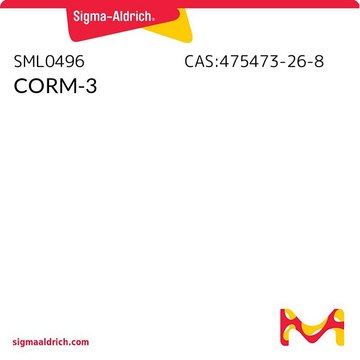

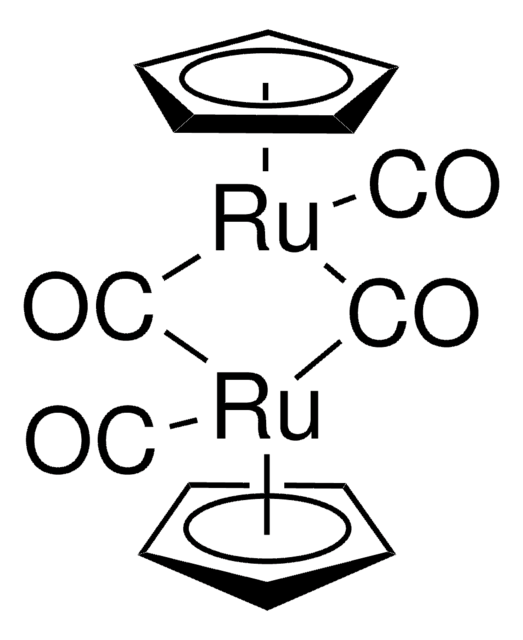
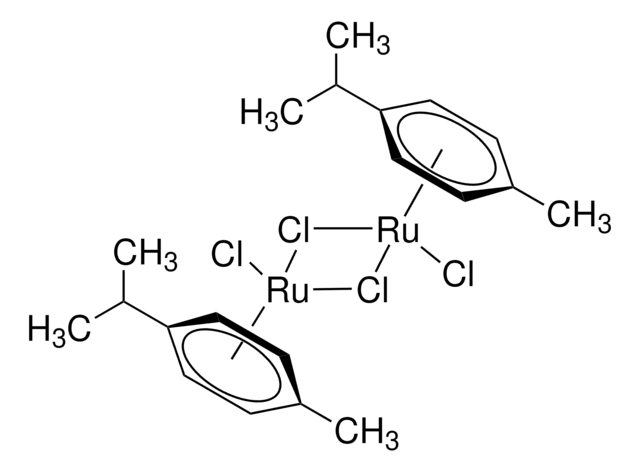
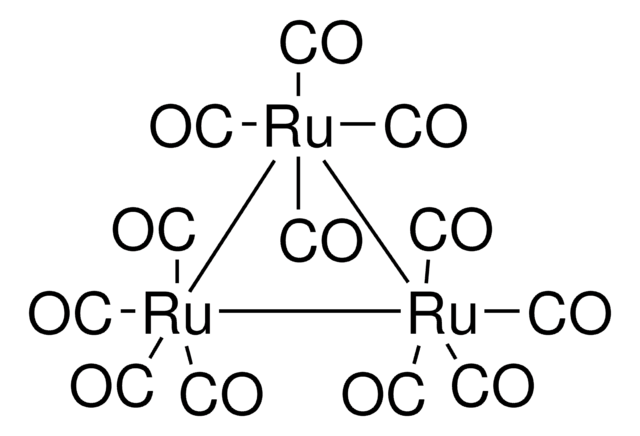

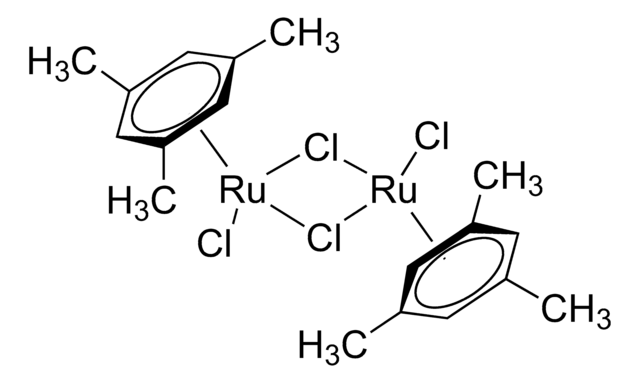
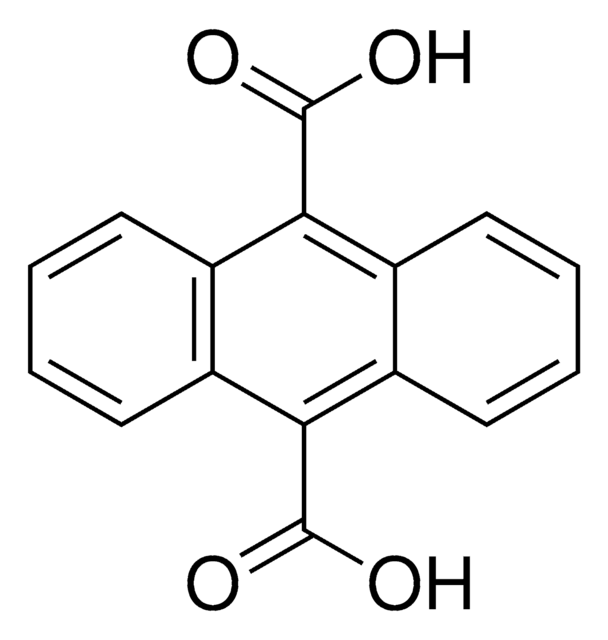

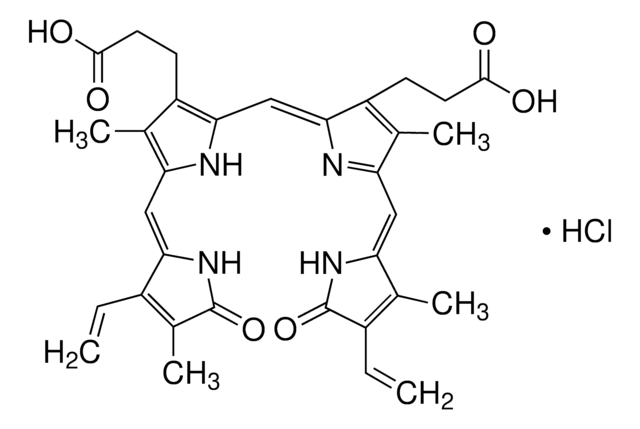
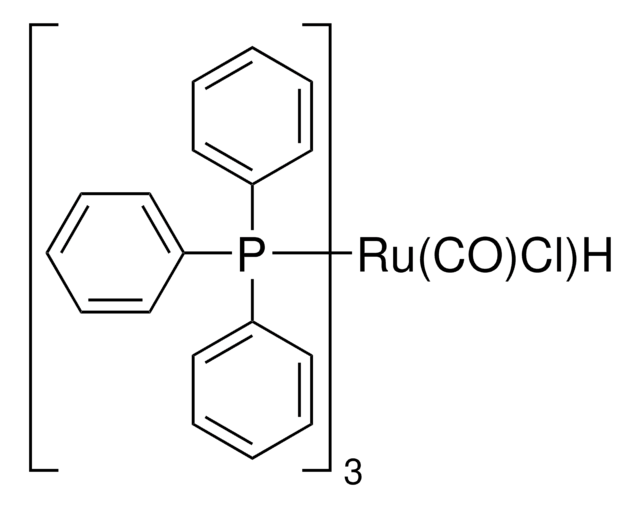
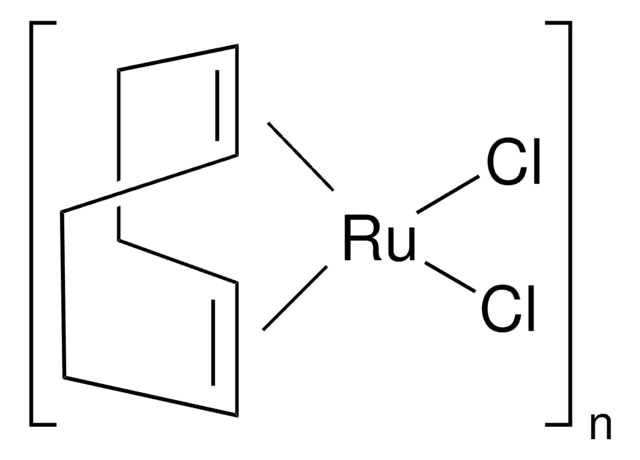
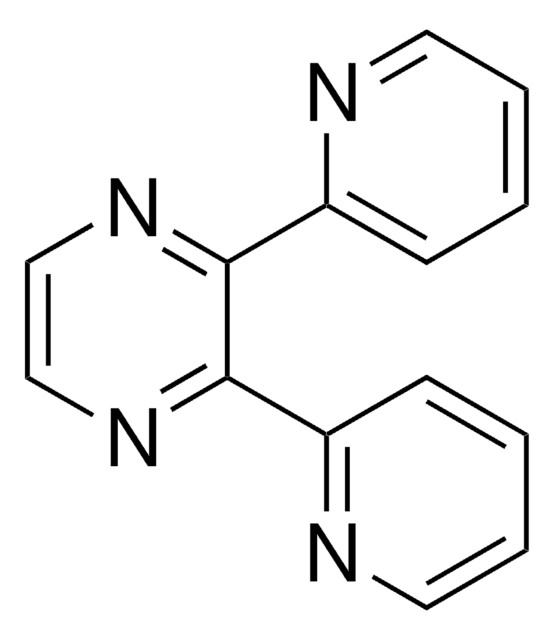
![[Ru(phen)3]Cl2 ≥95%](/deepweb/assets/sigmaaldrich/product/structures/955/596/46f63eaa-39f8-4058-847d-cef0862ada92/640/46f63eaa-39f8-4058-847d-cef0862ada92.png)

